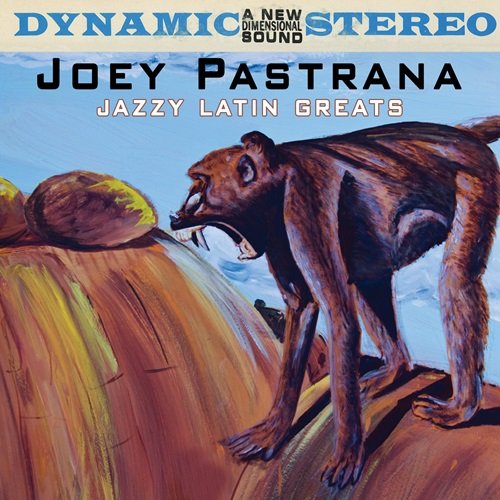Guy Klucevsek - The Heart of the Andes (2002)
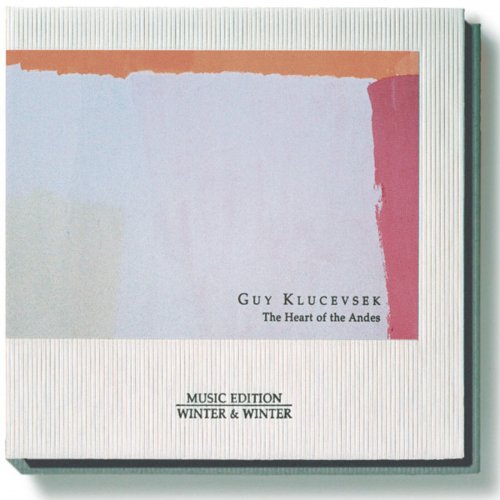
Artist: Guy Klucevsek
Title: The Heart of the Andes
Year Of Release: 2002
Label: Winter and Winter
Genre: Jazz, Classical
Quality: FLAC (tracks)
Total Time: 1:08:52
Total Size: 297 MB
WebSite: Album Preview
Tracklist:Title: The Heart of the Andes
Year Of Release: 2002
Label: Winter and Winter
Genre: Jazz, Classical
Quality: FLAC (tracks)
Total Time: 1:08:52
Total Size: 297 MB
WebSite: Album Preview
1. Festina Tarde (Make Haste Slowly) (09:42)
2. Portables: Where's the Tan Go? (03:32)
3. Portables: Claire, Buoyant (02:44)
4. Portables: Walt's Waltz (02:36)
5. Bits and Peaces of Hard Coal: Air Apparent (02:01)
6. Bits and Peaces of Hard Coal: Old Miner's Refrain (04:10)
7. Variety (03:16)
8. Birds (02:49)
9. Return of the Microids: Ala Béla (01:34)
10. Return of the Microids: The Tortoise Knows How to Make Love to His Wife (04:27)
11. Return of the Microids: The Aerialist Somnambulantes (02:26)
12. Return of the Microids: Many Happy Returns (02:08)
13. 24 Preludien Und Fugen Für Klavier, Op. 87 (Auszug): Prelude Nr. 8 Fis-moll (01:10)
14. 24 Preludien Und Fugen Für Klavier, Op. 87 (Auszug): Prelude Nr. 3 G-Dur (01:37)
15. 24 Preludien Und Fugen Für Klavier, Op. 87 (Auszug): Prelude Nr. 1 C-Dur (02:40)
16. 24 Preludien Und Fugen Für Klavier, Op. 87 (Auszug): Prelude Nr. 17 As-Dur (01:49)
17. 24 Preludien Und Fugen Für Klavier, Op. 87 (Auszug): Prelude Nr. 15 Des-Dur (02:48)
18. The Gift (03:42)
19. The Heart of the Andes (Suite): 3 Chase Scenes (01:26)
20. The Heart of the Andes (Suite): The Heart of the Andes (03:06)
21. The Heart of the Andes (Suite): Mini Bar Talk - Misterioso - Reprises (06:24)
22. The Heart of the Andes (Suite): Song for the Other Guy (02:33)
The first few bars of Guy Klucevsek's compositions often meet our expectations about accordion music so completely that they sound naïve. His invariably settles into the quintessential accordion texture of oom-pah, bass-chord ostinato beneath a straightforward melody. He mines idioms traditionally associated with the accordion: waltzes and polkas of the Old and New Worlds, Neapolitan and Parisian cabaret and street tunes, tangos, Celtic songs and dances, South American folk music, sea chanteys and so on. Flatted-second scales associated with the Middle East, also among Klucevsek's favorite sources, do not connect so obvious with the instrument. They do, however, allude to music familiar to almost every listener this composer-performer is likely to encounter.
Familiarity and allusion are the keys to his style. They make his work comprehensible and lovable at first hearing. And they set up the sly misdirection that gives Klucevsek's music intellectual interest and makes it more than mere gloss on his sources.
"Festina Tarde", the longest and most ambitious piece on this recording, typifies Klucevsek's style. After 15 seconds, we think we know what we have, here: A sweet little Neapolitan organ-grinder tune. Then the metric floor begins to slide about under our feet, as the 6/8 in the top voice moves in and out of phase with a 4/4 meter asserted in the bass-chord ostinato. This idea is further developed in variations - one of them bitonal - in the A sections of the A/B/A1/B1/A2/AB structure. Time stops altogether amid the plaintive ruminations and exotic scales of the B sections.
An appealing modesty surrounds this composer's work. It springs from the obvious affection for its humble sources, the admirable brevity, the lack of pretension and obfuscation, and especially from its ingenious economy of means. Klucevsek doesn't need an orchestra, a computer or even a tape loop to make his points. The simple device of, say, removing a beat from a pattern in one voice but not the other yields a startling and fascinating rhythmic complexity.
Nothing on the recording immodestly celebrates Klucevsek's virtuosity - he doesn't seem interested in playing faster than the next fellow. Klucevsek dedicates himself 100% to the music. But the virtuosity is there, and not just in the mastery of his own music. Works by the composers Dave Douglas, Phillip Johnston and Dmitri Shostakovich (piano pieces transcribed for accordion by Guy Klucevsek), also represented on this solo album "The Heart of the Andes". All pieces are written out compositions. Guy Klucevsek does not improvise besides in very few parts like in the piece The Gift. All pieces are well served by Klucevsek's accuracy, sensitivity and the generous, deep-breathing quality of his own sound.
Familiarity and allusion are the keys to his style. They make his work comprehensible and lovable at first hearing. And they set up the sly misdirection that gives Klucevsek's music intellectual interest and makes it more than mere gloss on his sources.
"Festina Tarde", the longest and most ambitious piece on this recording, typifies Klucevsek's style. After 15 seconds, we think we know what we have, here: A sweet little Neapolitan organ-grinder tune. Then the metric floor begins to slide about under our feet, as the 6/8 in the top voice moves in and out of phase with a 4/4 meter asserted in the bass-chord ostinato. This idea is further developed in variations - one of them bitonal - in the A sections of the A/B/A1/B1/A2/AB structure. Time stops altogether amid the plaintive ruminations and exotic scales of the B sections.
An appealing modesty surrounds this composer's work. It springs from the obvious affection for its humble sources, the admirable brevity, the lack of pretension and obfuscation, and especially from its ingenious economy of means. Klucevsek doesn't need an orchestra, a computer or even a tape loop to make his points. The simple device of, say, removing a beat from a pattern in one voice but not the other yields a startling and fascinating rhythmic complexity.
Nothing on the recording immodestly celebrates Klucevsek's virtuosity - he doesn't seem interested in playing faster than the next fellow. Klucevsek dedicates himself 100% to the music. But the virtuosity is there, and not just in the mastery of his own music. Works by the composers Dave Douglas, Phillip Johnston and Dmitri Shostakovich (piano pieces transcribed for accordion by Guy Klucevsek), also represented on this solo album "The Heart of the Andes". All pieces are written out compositions. Guy Klucevsek does not improvise besides in very few parts like in the piece The Gift. All pieces are well served by Klucevsek's accuracy, sensitivity and the generous, deep-breathing quality of his own sound.
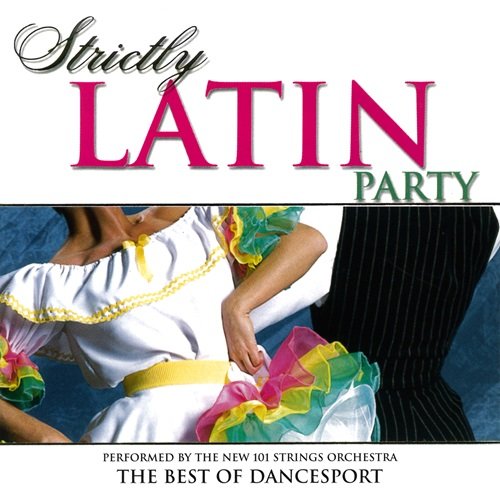


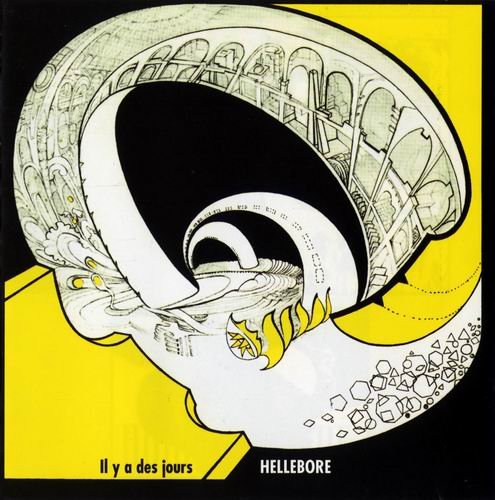

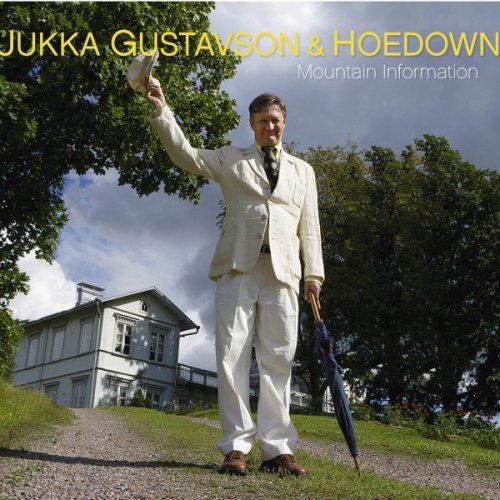

![Victoria Alexanyan - VISHAP (2026) [Hi-Res] Victoria Alexanyan - VISHAP (2026) [Hi-Res]](https://img.israbox.com/img/2026-02/06/fp18m8tfhi28on3z9gks3ab7v.jpg)
